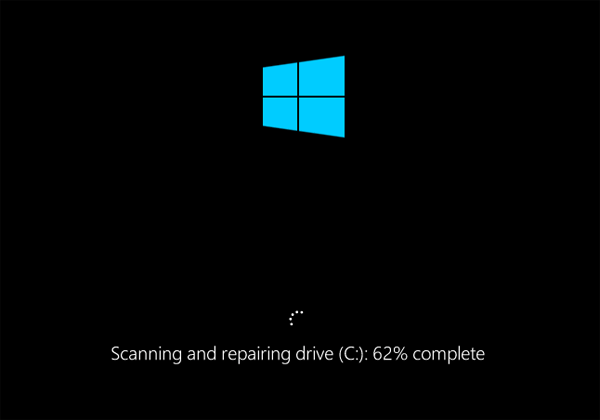

This could also happen if you experience a power failure.

The check disk command is triggered to check if the hard disk is okay after undergoing the improper shutdown. Also, you should not make the mistake of shutting the computer down by unplugging it from the power supply. If the computer goes off abruptly or if you shut it down by pressing the Start button, you are likely to experience data losses and file system issues that force it to go through a check disk routine when booting. You are supposed to switch off the computer via the Start menu and give it time to shut down completely. The primary trigger of the check disk process is if the system shuts down inappropriately. There is a range of possible reasons why the Check Disk command is triggered, some of which include: Incorrect shutdowns The CHKDSK command scans the hard disk and fixes any file issues on the drive. These problems are reflected in the hard disk’s administrative information, thus forcing the CHKDSK command to run in order to detect and fix those issues. It could also be as a result of hardware issues or malware. Unfortunately, an error might occur when the computer shuts down abruptly or when you eject or remove a USB device unsafely. The hard disk carries so much information, and CHKDSK’s work is to ensure that all the information about the folders, data, and security status is correct. Also, it contains some security information on who can access those files. The computer hard disk stores all the files in folders. However, to use this tool, your computer should have Autochk.exe in its system. It works by displaying the status report of the disk and can even fix the issues found. This is pronounced as “check disk”, and it is basically a command that checks drives. As it turns out, your operating system may be detecting possible issues with your drive that it needs to check to confirm that everything is alright. However, many users are also experiencing it in Windows 11. Should this be a cause for alarm? While disk scanning does not always mean harm, it is mostly trying to communicate about an underlying problem. You have probably realized that every time you turn on your computer, it does a disk check, something that it never used to do before.


 0 kommentar(er)
0 kommentar(er)
